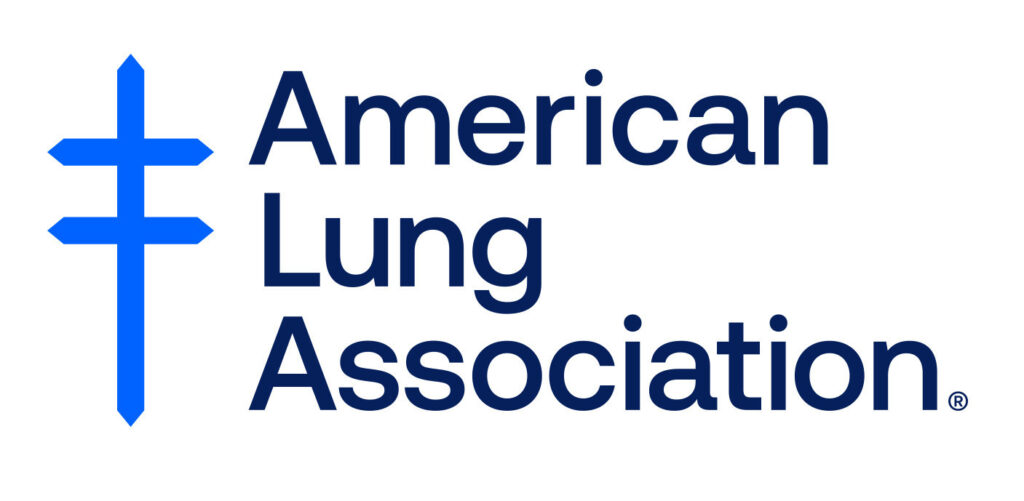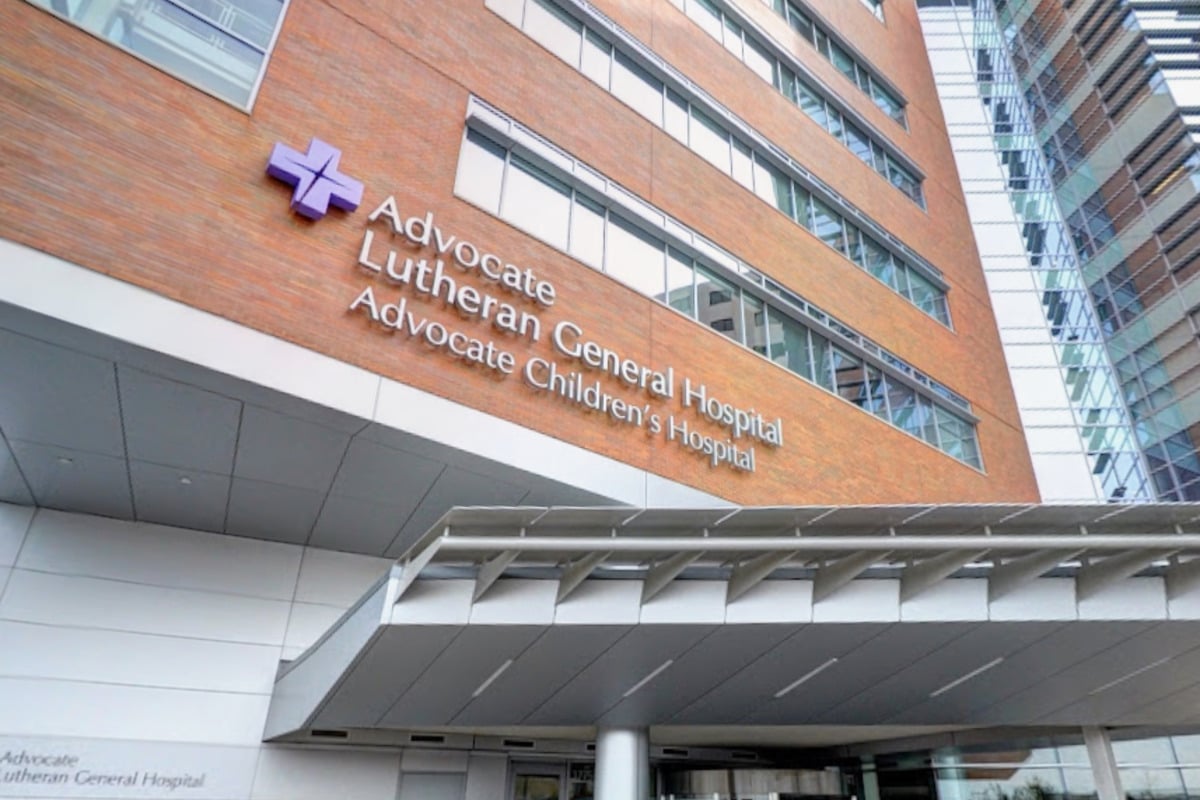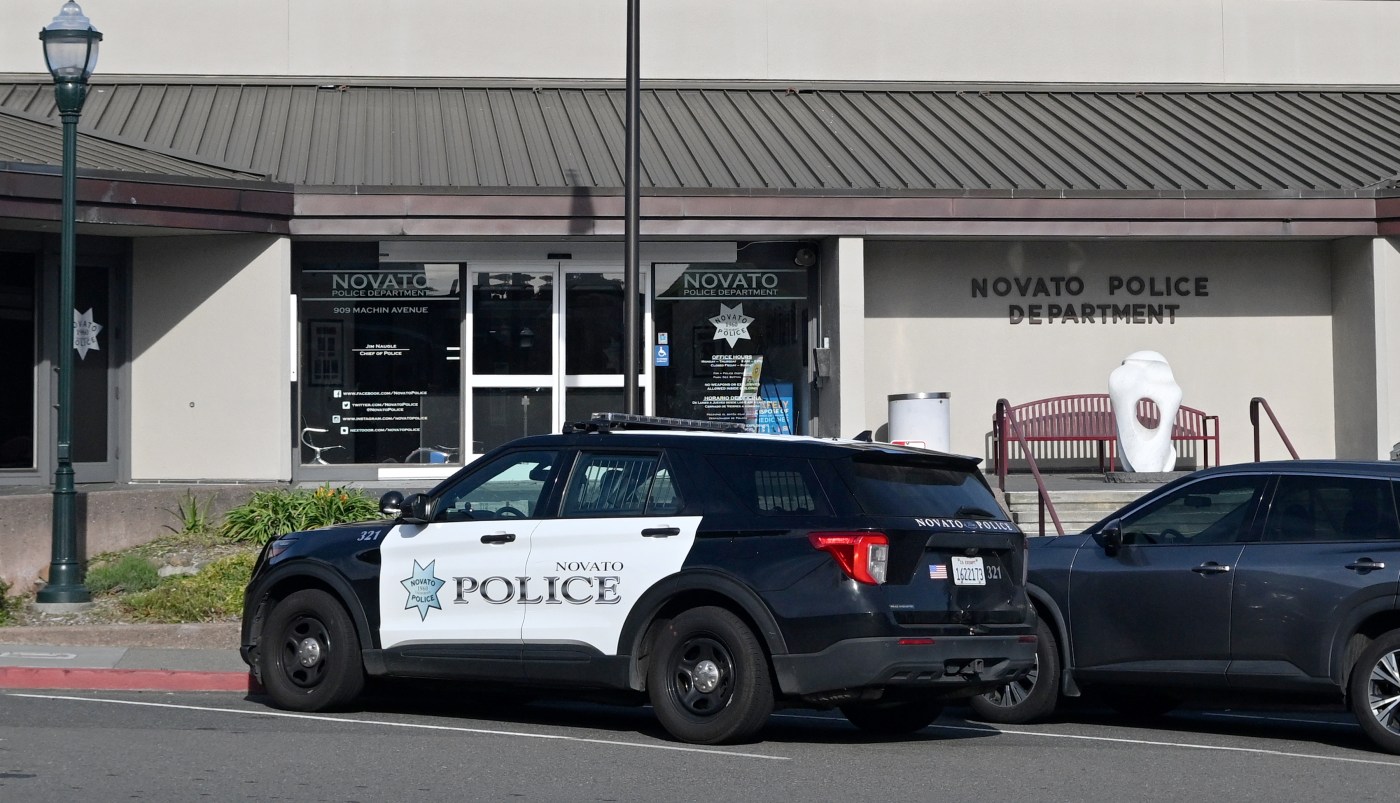
American Lung Association logo
On October 8, 2025, the American Lung Association initiated a significant campaign aimed at raising awareness about the importance of vaccinations against various respiratory diseases. This effort emphasizes that vaccines are essential tools in preventing severe illness, hospitalizations, and deaths associated with influenza, COVID-19, pneumococcal pneumonia, pertussis, and respiratory syncytial virus (RSV).
Each year, millions in the United States suffer from respiratory illnesses, particularly during the peak season from October through March. During the 2024-2025 respiratory season, the Centers for Disease Control and Prevention (CDC) estimates that there were approximately 82 million cases of the flu, leading to around 37 million medical visits, 1.3 million hospitalizations, and between 127,000 and 130,000 deaths. The previous season, COVID-19 vaccinations alone prevented 68,000 hospitalizations, 13,000 ICU admissions, and 5,300 in-hospital deaths.
Harold Wimmer, President and CEO of the American Lung Association, underscored the critical nature of immunization, stating, “Immunization is especially important for older adults and individuals with certain health conditions who are at increased risk of severe illness, complications, and hospitalization from these vaccine-preventable respiratory diseases.” He cautioned that not getting vaccinated endangers not only the individual but also their families and communities.
Vaccines work by preparing the body to combat germs such as viruses and bacteria. Immunity gained through vaccination is typically safer and longer-lasting than that acquired through natural infection. This is particularly vital for older adults, whose immune systems weaken with age, making them more vulnerable to infections. Many older individuals also have pre-existing health conditions, such as asthma or chronic lung diseases, which elevate their risk of severe complications from respiratory illnesses.
The American Lung Association’s campaign specifically highlights five key vaccinations recommended for adults, particularly during the winter months:
Key Vaccinations for Respiratory Protection
1. **Influenza (Flu):** Annual flu vaccinations are recommended for everyone aged six months and older, ideally administered between September and October, although vaccination can continue into the flu season.
2. **COVID-19:** Vaccination is advised for everyone six months and older, based on a discussion between the patient or caregiver and their healthcare provider.
3. **RSV:** Adults aged 50-74 at increased risk of severe RSV disease, as well as those aged 75 and older, should receive a single vaccine if they have not done so previously; additional doses are not advised.
4. **Pertussis (Whooping Cough):** The Tdap vaccine protects against pertussis and is recommended for all adults, especially those with asthma or chronic obstructive pulmonary disease (COPD).
5. **Pneumococcal Pneumonia:** Vaccination is encouraged for adults aged 19-49 with certain chronic conditions and for all those aged 50 and older.
Pregnant women and immunocompromised individuals often have additional vaccination recommendations and should consult with their healthcare providers to stay updated on necessary vaccinations. Many vaccines can be administered during a single healthcare visit, making it easier for individuals to receive the protection they need.
For further details, individuals can reach out to the Lung Association’s HelpLine at 1-800-LUNGUSA or visit Lung.org/vaccines.
The campaign has received support from Sanofi, contributing to the American Lung Association’s ongoing mission to improve lung health and prevent lung disease through education, advocacy, and research. The organization focuses on defeating lung cancer, championing clean air, improving life quality for those with lung diseases, and fostering a tobacco-free future.
For more information about the American Lung Association, which holds a 4-star rating from Charity Navigator and is a Platinum-Level GuideStar Member, visit Lung.org or call 1-800-LUNGUSA. To support their work, individuals can participate in local events or donate through their website.






